Zelda Fitzgerald: The Writer Plagiarized by Her Husband F. Scott Fitzgerald
Discover the story of Zelda Fitzgerald, the "muse" and writer plagiarized and silenced by her celebrated husband
Many simply know her as "the wife of the famous novelist F. Scott Fitzgerald," but Zelda Fitzgerald was special in her own right. An icon of the 1920s and one of the most relevant figures of the so-called Jazz Age, she was one of the first American flappers.
Flappers were a generation of young women who defied the norms and showed a blatant disregard for what was considered "acceptable behavior" at the time. They didn’t wear corsets, wore knee-length skirts (a scandal in those days), cut their hair into bobs, listened to jazz, and drank in public.
However, above everything else, Zelda was an artist. She was a dancer, a painter, and, most importantly, a writer. What many people don't know–perhaps because history has gone to great lengths to hide the truth–is that F. Scott Fitzgerald owes much of his success as a writer to Zelda. Not only did he use her as his muse, but he also unscrupulously stole her ideas and writing. Discover her story below:
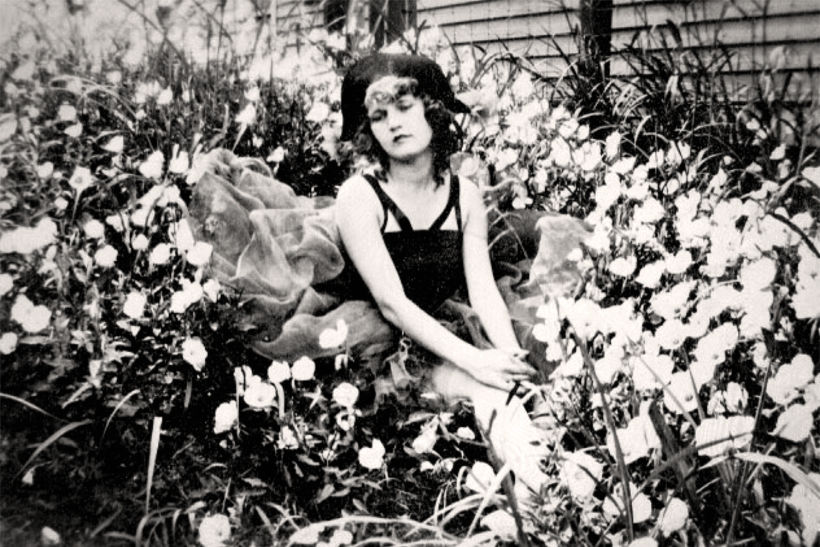
Forever a rebel
During the early 20th century in the American South, women were expected to be compliant and docile. Yet Zelda Sayre, born in Montgomery, Alabama in 1900, was neither. Instead, she was active, rebellious, and provocative. She danced, drank, smoked, and actively sought to challenge convention.
It is said that she bathed wearing nude-colored swimsuits to fuel rumors that she was naked in public. An article about one of her dance performances commented that Zelda was only interested in "boys and swimming".
It is hardly surprising that a young F. Scott Fitzgerald, who would later come to be known as one of America's most brilliant writers, fell madly in love with her in 1918 when he was stationed in Alabama during his military career. He was 22 years old. She was 18.
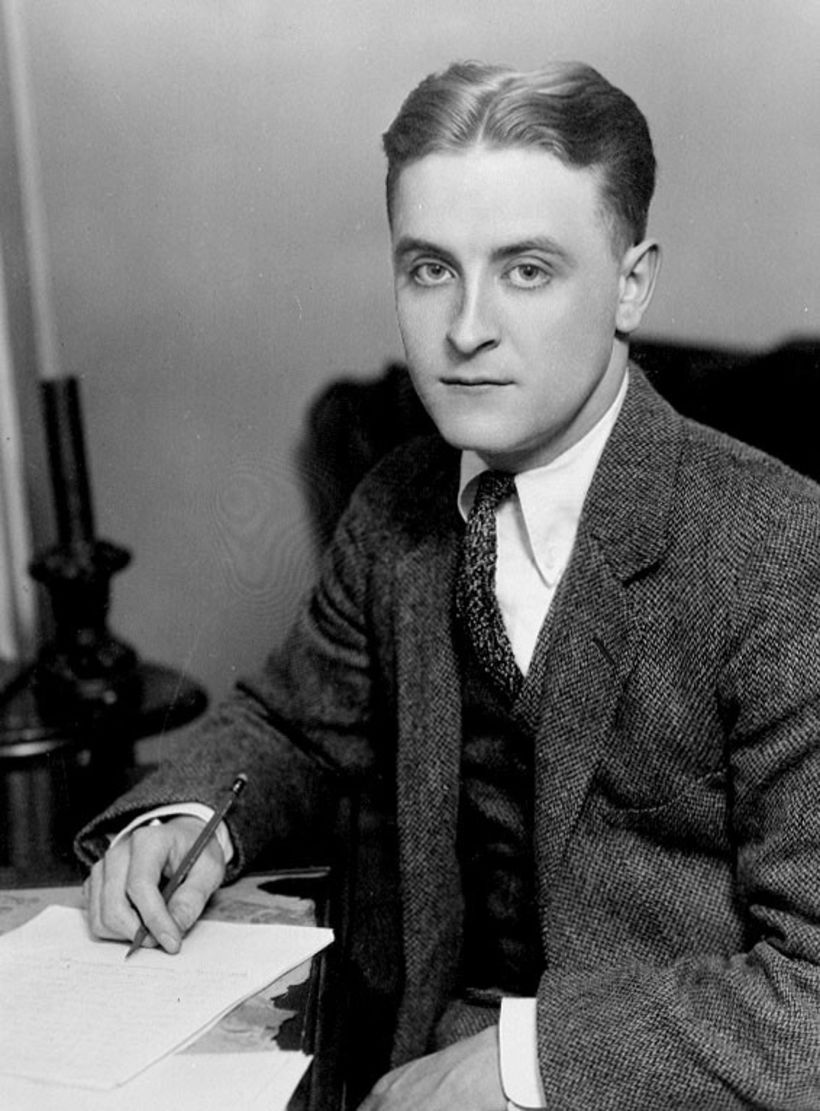
A movie couple
Zelda and Scott hit it off from the off, both attractive, intelligent, curious about the arts, and possessing innate talent. During the initial years of their relationship, Scott was working on the book This Side of Paradise, which he would end up rewriting just so that he could base one of his characters on Zelda. As the relationship progressed, so did Zelda's role in Scott's writing: Zelda allowed him to read her diaries, from which the writer copied entire excerpts to include in his books without acknowledging her contributions.
When This Side of Paradise was published, its success was overwhelming, catapulting the couple into elite social circles. Scott dubbed Zelda "America's first flapper," and she became an icon. Later, when Zelda, delirious after the birth of her first daughter, said, "I hope she's beautiful and silly, a beautiful little fool," Scott wrote these words as coming from the mouth of his character Daisy in his book, The Great Gatsby.
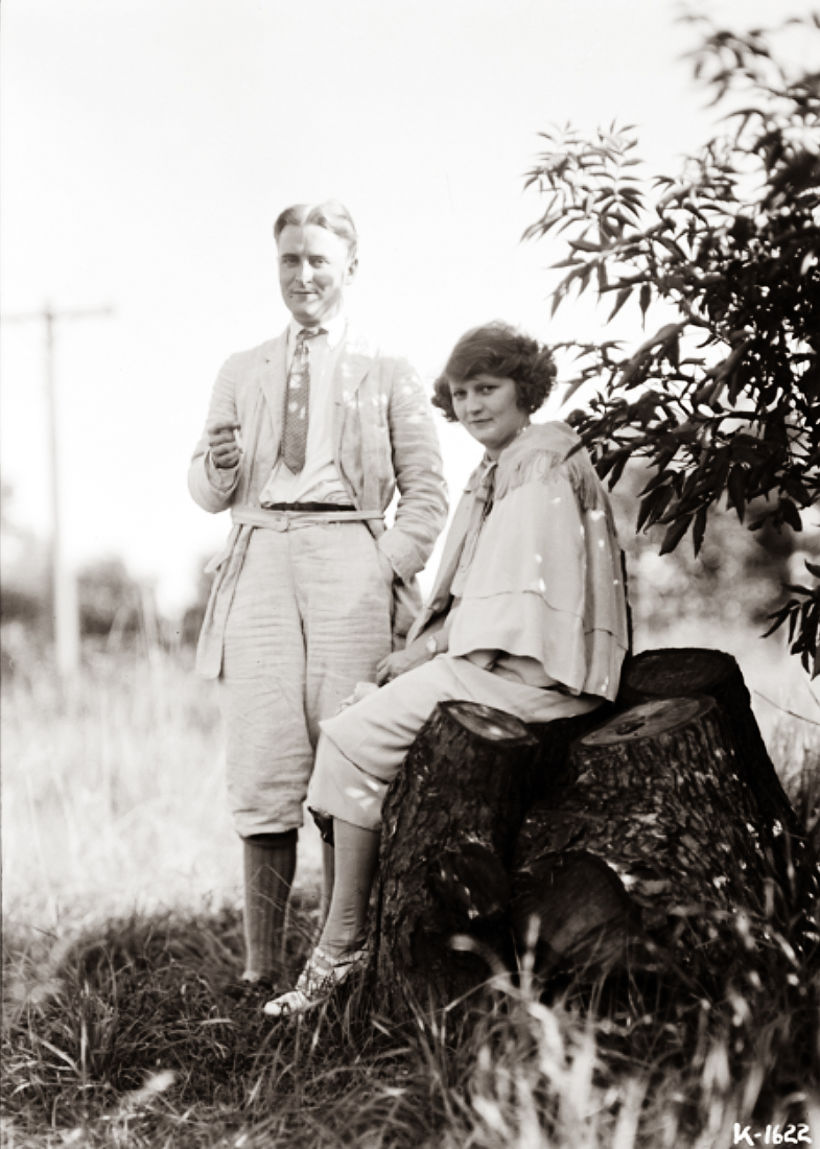
The first years of their marriage were marked by excess: specifically, lots of parties and lots of alcohol. The birth of their daughter did not put a stop to this. Instead, they employed servants and nannies in order to be able to continue maintaining their unsustainable lifestyles.
![Zelda and Scott Fitzgerald with their daughter Scottie [Cordon Press].](https://cdn.domestika.org/c_fit,dpr_auto,f_auto,q_80,t_base_params,w_820/v1616409659/content-items/007/444/135/4-original.jpg?1616409659)
Muse to writer
The over-the-top parties carried them into a period marked by infidelity, money issues, and arguments, often caused by Scott's jealousy. When Scott was set to publish The Beautiful and Damned and The New York Tribune, he asked Zelda to write a review of the book in the newspaper. In her scathing article, Zelda detailed for the first time what had been going on since they had first become an item:
“It seems to me that on one page I recognized a portion of an old diary of mine which mysteriously disappeared shortly after my marriage, and, also, scraps of letters which, though considerably edited, sound to me vaguely familiar. In fact, Mr. Fitzgerald (I believe that is how he spells his name) seems to believe that plagiarism begins at home.”
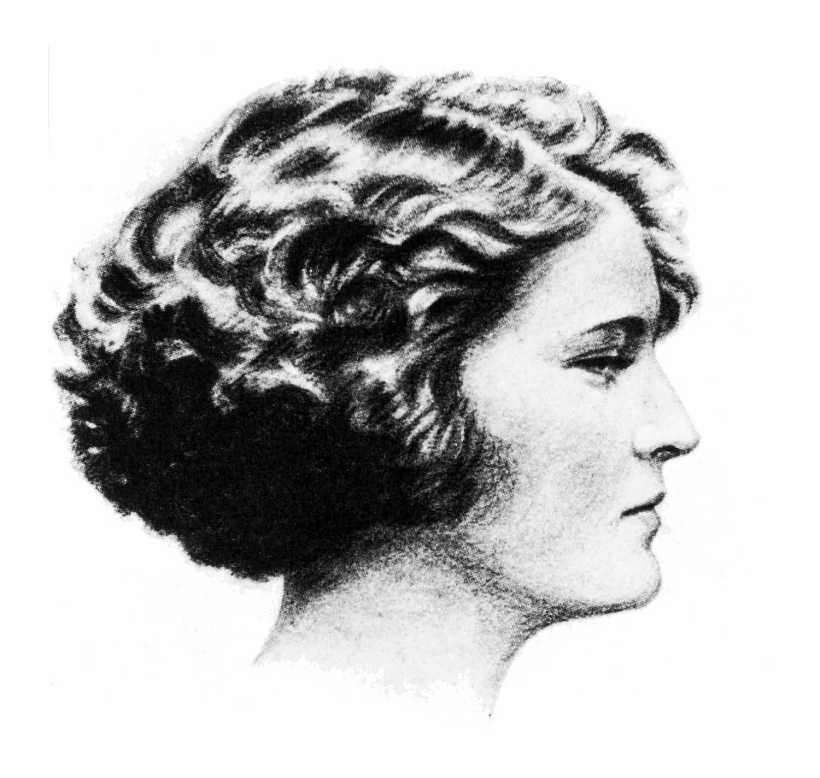
Although her comments were facetious, they triggered many arguments. When Zelda began to receive requests to write books and articles, Scott became increasingly resentful. The fact that his "muse" was getting her own opportunities to tackle subjects he wanted to use in his novels caused their relationship to deteriorate more and more.
When the couple moved to Paris, Scott was so engrossed in trying to write The Great Gatsby that Zelda ended up meeting and falling in love with French pilot Edouard Jozan. When she asked her husband for a divorce so she could start a new life with her new love, Scott not only refused but locked her in the house until she withdrew the request. Shortly thereafter, Zelda attempted suicide for the first time.
![Zelda Fitzgerald in her "flapper" attire [A.G.Nauta Couture].](https://cdn.domestika.org/c_fit,dpr_auto,f_auto,q_80,t_base_params,w_820/v1616409659/content-items/007/444/139/6-original.jpg?1616409659)
The downfall of the world's first "flapper".
The arguments and tensions got worse and worse, as did Zelda's mental health. In the 1920s, Zelda's behavior became increasingly erratic and her husband, who was an alcoholic, became more and more resentful towards her. Zelda decided to take up dancing, and although she managed to make great advancements in her career, Scott's disapproval eventually discouraged her so much that she turned down the offer she received to enroll at the prestigious school, the San Carlo Opera Ballet Company in Naples. Her once-glamorous parties were now destructive and decadent. Finally, in 1930, Zelda was admitted to a psychiatric hospital in France where she was diagnosed with schizophrenia.
When she was warned that her father's health was deteriorating, the couple returned to her hometown of Montgomery, where Scott abandoned her and went to Hollywood by himself. After her father's death, her mental health deteriorated even more, and she was in and out of psychiatric hospitals.
![Zelda Fitzgerald at ballet practice [CSU Archives / Everett Having].](https://cdn.domestika.org/c_fit,dpr_auto,f_auto,q_80,t_base_params,w_820/v1616409694/content-items/007/444/146/7-original.png?1616409694)
Yet, these circumstances did not dampen her enthusiasm for creativity. In 1932, while in hospital, she wrote a full-length semi-autobiographical novel called Save Me the Waltz, and sent it to Scott's publisher. When Scott read it, he was furious and sent her multiple letters reprimanding her for what she had written.
His reaction was due to the fact that he had been planning to use the same material for his book Tender is the Night, which he would not finish for another two years. In order to have enough material for his novel, Scott forced Zelda to edit out what he wanted to use from her book. This heavily edited version was published without success. Ironically, her own husband joined in with the bad reviews, calling Zelda "a third-rate writer" and labeling her work "plagiarism," accusing her of what he had been doing for much of their marriage. Save Me the Waltz is the only work she published during her lifetime. Zelda was terribly disappointed by how it was received, which would sink her even further.
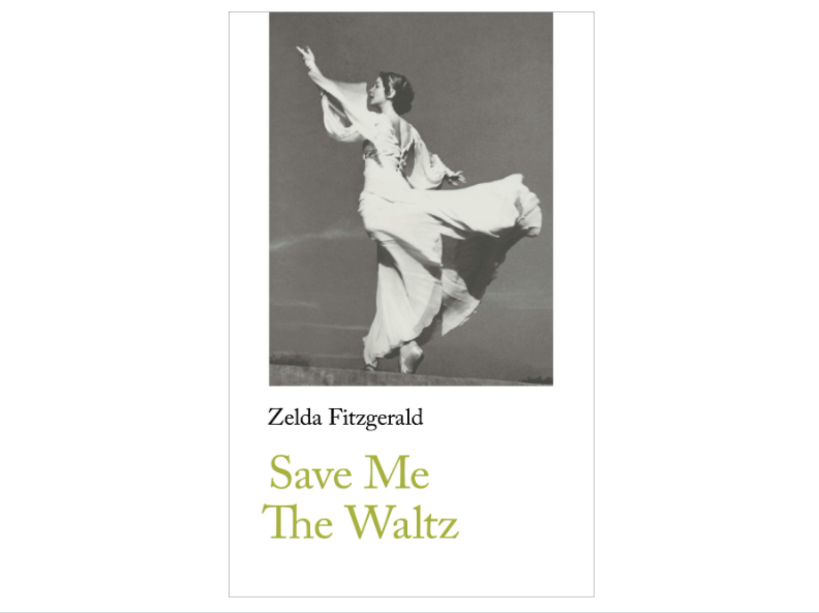
The legacy of a generation of women
Years after Scott's death, Zelda, once again in hospital, began writing another novel despite what she went through with Save Me the Waltz. The title of her new novel was Caesar's Things, however, she was unable to finish it. She was killed when a fire broke out in a room she was locked in while awaiting electroshock therapy.
![Christina Ricci as Zelda Fitzgerald in the series "Z: The Beginning of Everything" [AMAZON STUDIOS].](https://cdn.domestika.org/c_fit,dpr_auto,f_auto,q_80,t_base_params,w_820/v1616409756/content-items/007/444/152/9-original.jpg?1616409756)
While Zelda’s life had such a tragic ending, she would end up leaving a great legacy. Although her husband Scott Fitzgerald is still recognized as one of the most brilliant writers in the history of the United States, Zelda’s own brilliance is constantly being discovered and celebrated thanks to the publication of different biographies about her.
In her own biography, writer Deborah Pike says that Zelda was an important contributor to the history of art. Both her work and the difficulties she faced help to highlight the female perspective in the art of the time. Both her published and unpublished work present her thoughts on modernity, mental illness, and plagiarism.
Nancy Milford’s Zelda: A Biography became a bestseller that put the spotlight on Zelda, a feminist icon who survived a controlling husband that refused to share his success.
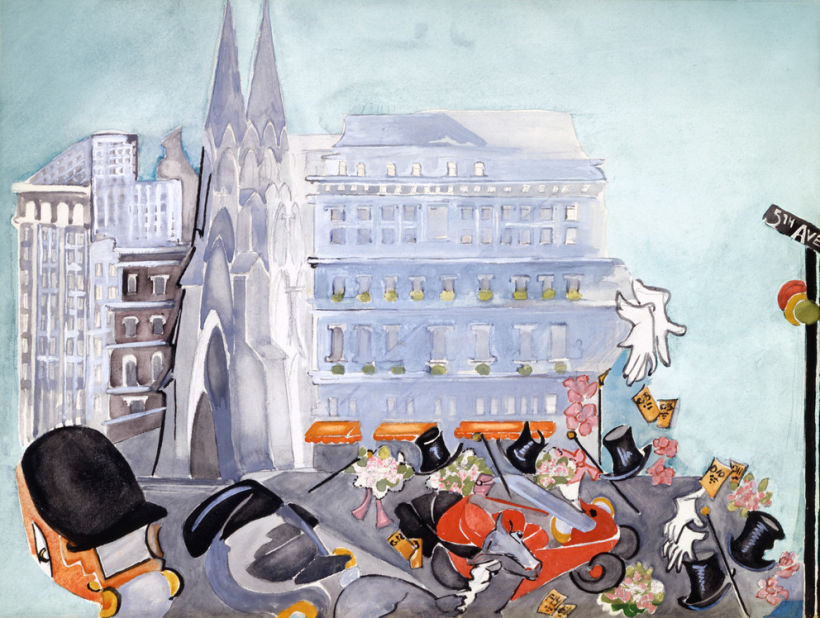
Thanks to these writers who have amplified a woman’s voice after years of it being silenced, people around the world are discovering Zelda Fitzgerald no longer as "Scott Fitzgerald's wife", but as the intelligent, rebellious, talented, strong, and unique person that she was.
English version by @eloise_edgington.
You may also like:
–Mary Shelley: the Young Woman who Created Frankenstein and Modern Science Fiction
–10 Black American Female Fiction Writers and Poets You Should Know
–6 Filmmaking Techniques Pioneered by Alice Guy-Blaché







+2 Kommentare
mgranata439
Hola 🏃 home 🌻🍓 12 🍓 12 🍓🌻
renukanair
There's do much hidden out there, the games people play with their loved ones....